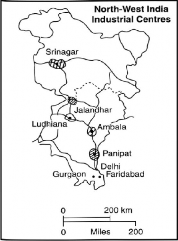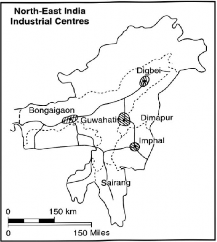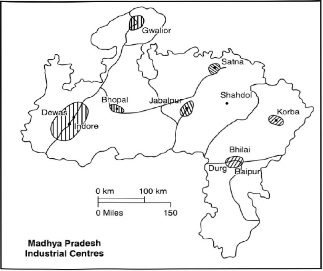MULTINATIONALS
A firm which owns or controls production facilities in more than one country through direct foreign investment is known as a multinational or multinational corporation (MNC). These are also called the Transnational Corporations. During the colonial period, the East India Company, the Dutch East Indonesian Company, the Royal African Company, and the Hudson Bay Company were such multinational companies.
Although multinationals grew most rapidly in the 1960s, the foundations were laid in the interwar period, notable examples being Ford, Vauxhall, and Phillips. In the mid-1980s, multinationals accounted for 14% of UK employment and 30 per cent of UK exports. The corresponding figures for France were 24% and 32% respectively. Multinationals are made possible by improved international communications which provide rapid containerised transshipment and foreign travel, easy communications of information, and international mobility of capital. When one market is saturated, the multinational can rapidly develop others, since foreign investment cuts transport costs, and makes possible a rapid response to local markets. It also eases tariff barriers. Moreover, multinationals can compare costs at different locations, and can switch activities to different areas as appropriate.
Multinational corporations are probably the major force affecting world wide shifts in economic activity, since the largest MNCs have a turnover greater than the GNP of many less developed countries. Although a developing country may benefit from the construction of a plant for a multinational corporation in terms of jobs and markets, it has been argued that the price is loss of local control.



